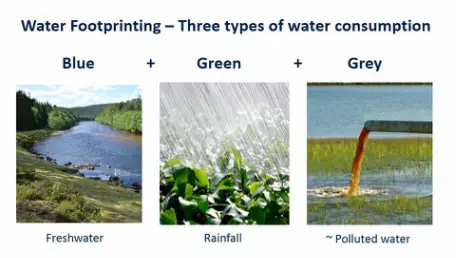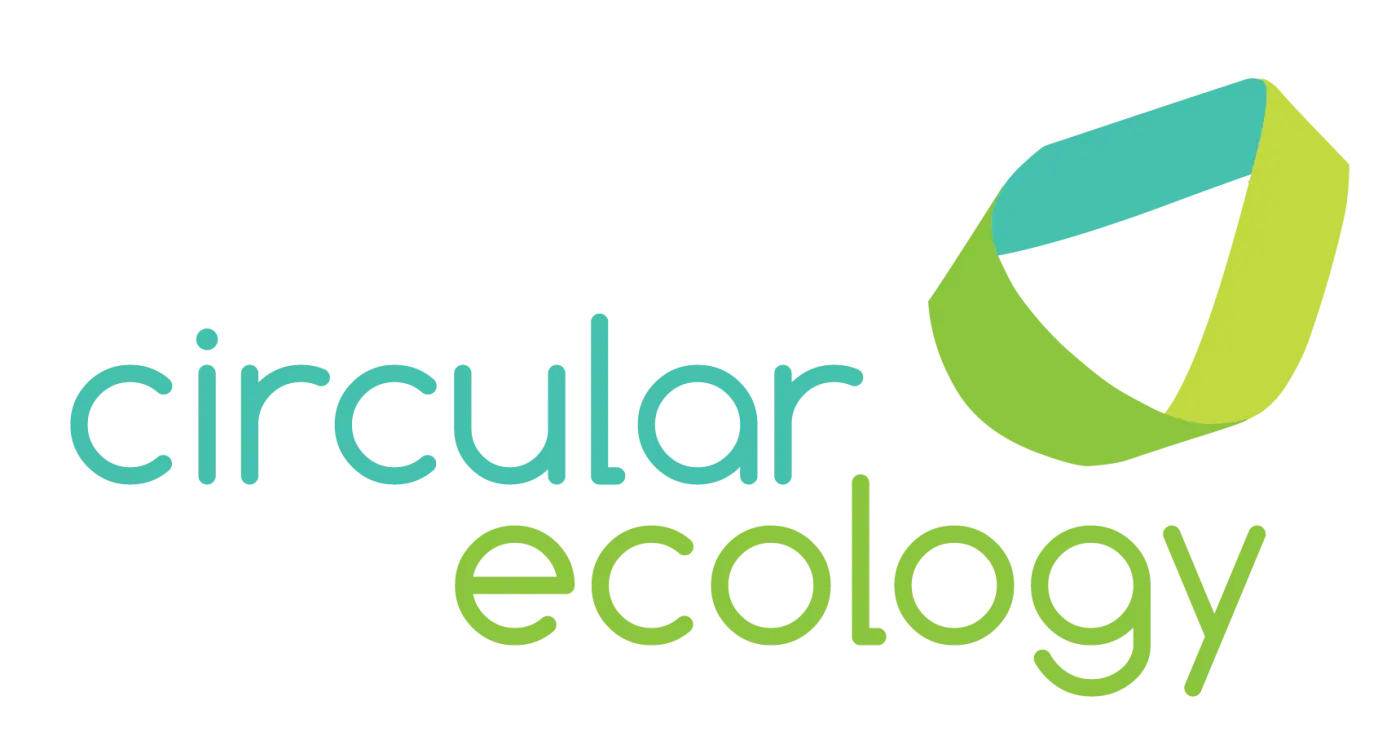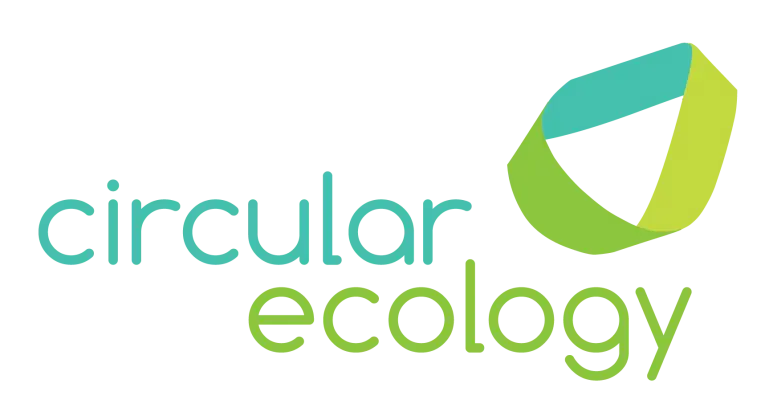Water Footprint
A water footprint is a decision support tool that can be used to manage water related risks within your supply chain. The approach was first developed by prof. Arjen Hoekstra at UNESCO-IHE and further developed at the University of Twente in the Netherlands. Despite its name a water footprint isn’t as similar to a carbon footprint as you would imagine.
Water footprinting is a consumption based accounting method. It is concerned with the net consumption of water, rather than merely the amount of water abstracted. A water footprint breaks down the consumption of water into three categories, as shown in the diagram below:

According to the Water Footprint Network method these are:
- Blue water footprint: A blue water footprint is an indicator of the amount of water that is consumed from freshwater resources (i.e. lakes, rivers and aquifers).
- Green water footprint: A green water footprint is the amount of rainwater that is consumed.
- Grey water footprint: The grey water footprint expresses the amount of freshwater that is required to dilute pollutants in your water back down to safe concentrations. A water footprint is measured in m3 of water consumed.
There is also an International Standard on water footprinting, which is ISO 14046 on water footprinting.
What are the main benefits of water footprinting?
The main benefits of a water footprint assessment include:
- Identifying water related risks within your supply chain
- A greater understanding of your supply chain
- Enhance your brand image
- Improve your environmental credentials
Water footprint studies are often:
- Streamlined water footprint: To sense check outcomes before embarking upon a detailed water footprint, or to quickly identify hotspots for further action.
- Detailed water footprint: The most robust study possible.
- Peer review of water footprint studies: Peer review is advised for detailed studies to be released in the public domain and heavily marketed.
Please use the form below if you would like to reach out to us regarding these services.
Essential Carbon Footprint Training Course Updated
Circular Ecology have recently completed updating their Essential Carbon Footprint Training Course. The e-learning course [...]
Apr
Hiring – Senior Sustainability Consultant
Join Circular Ecology. An opportunity is available for an enthusiastic and dedicated sustainability professional at [...]
Feb
Have a Very Green Christmas
For many people, Christmas is a time of joy and celebration, for sharing gifts and [...]
Dec
Circular Ecology Support the Launch of the Built Environment Carbon Database (BECD)
The Built Environment Carbon Database (BECD) is envisioned to become the main source of carbon [...]
Oct




